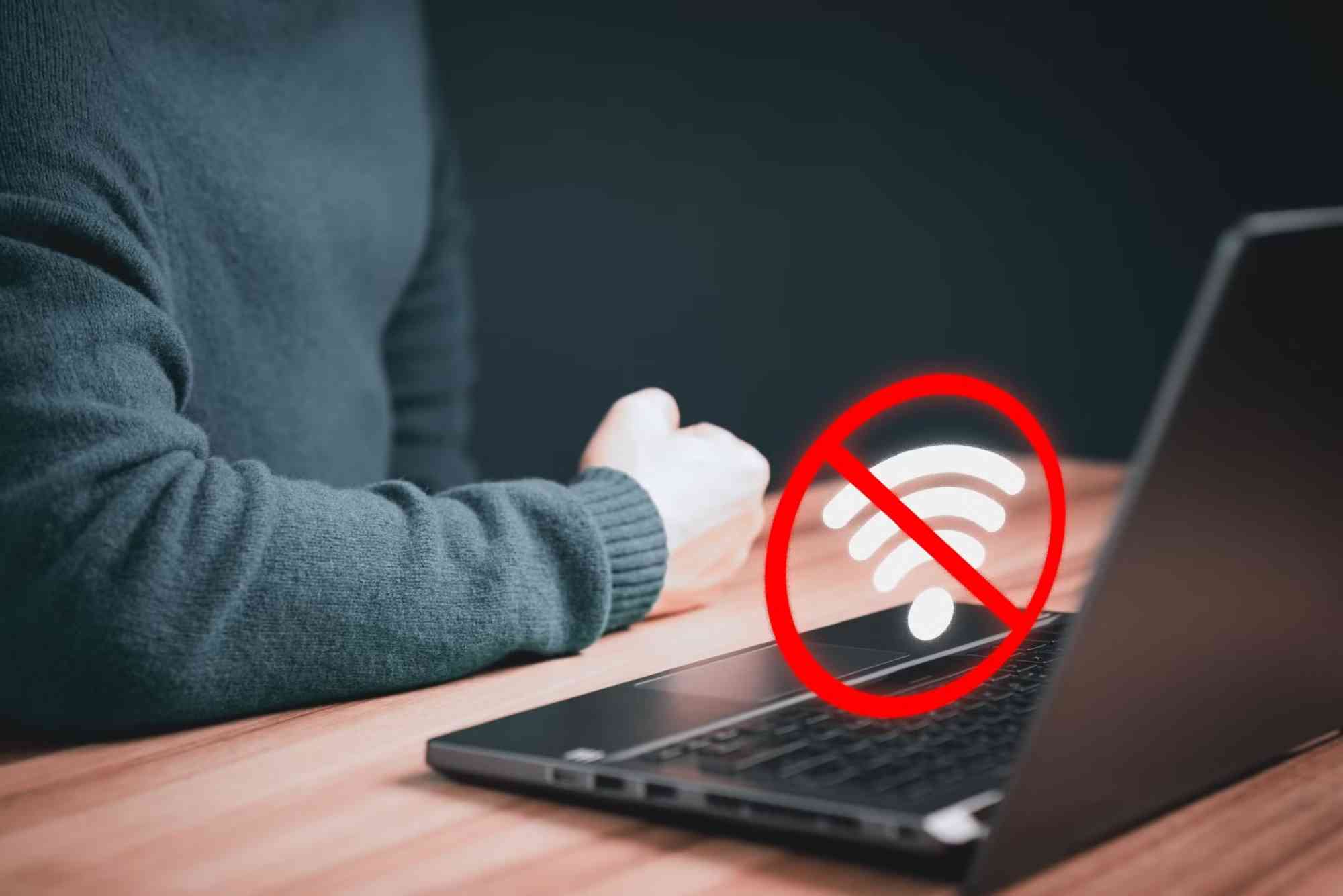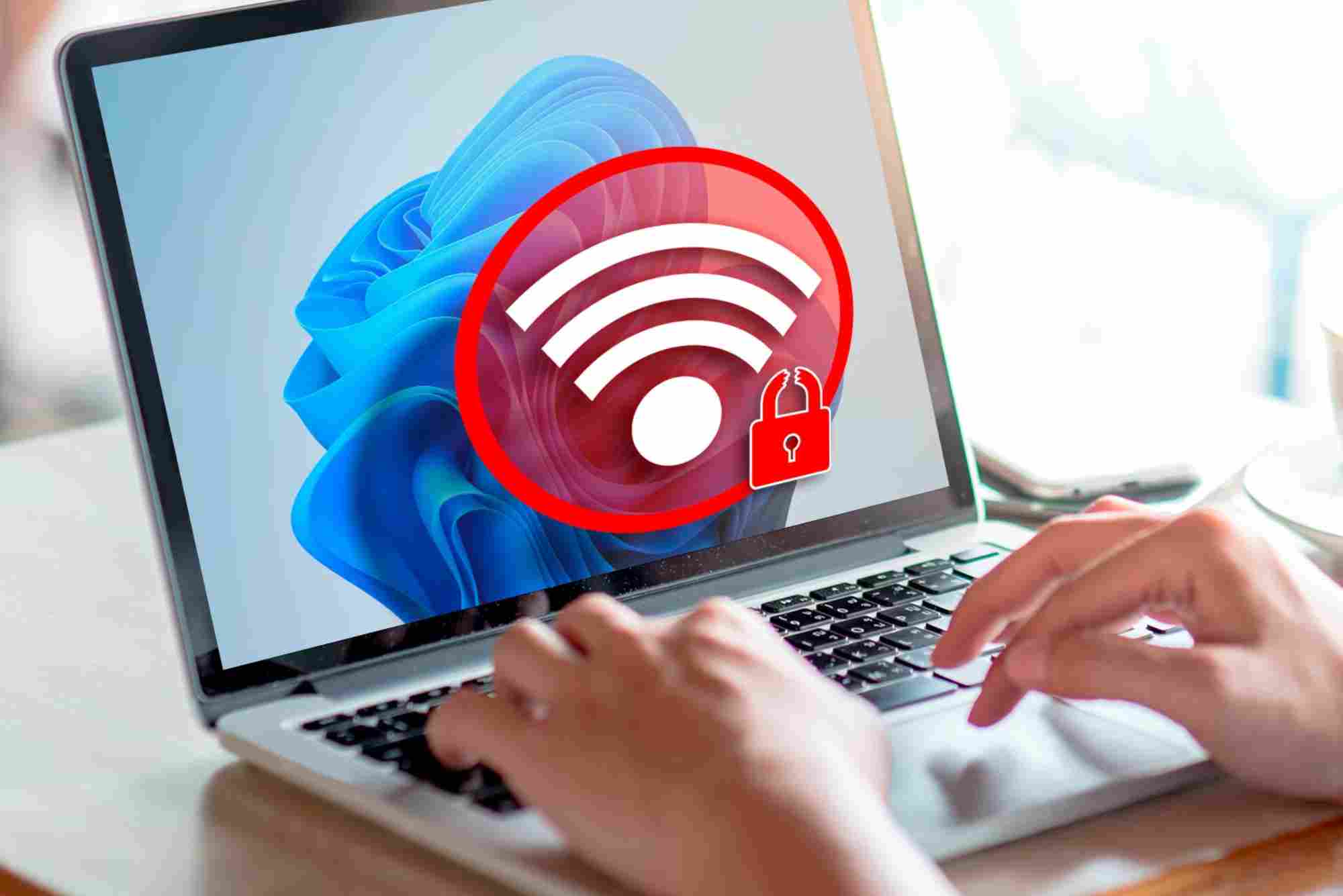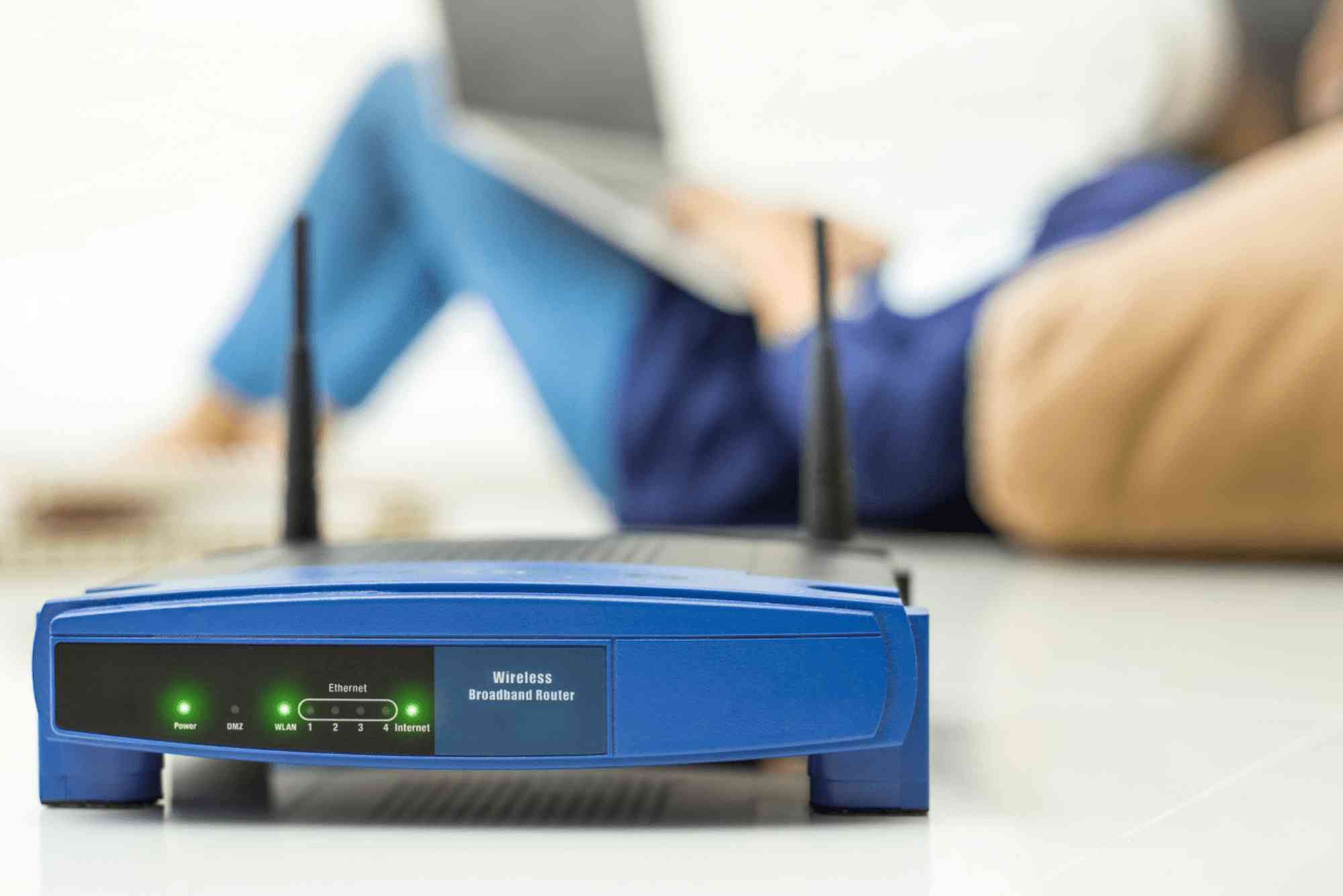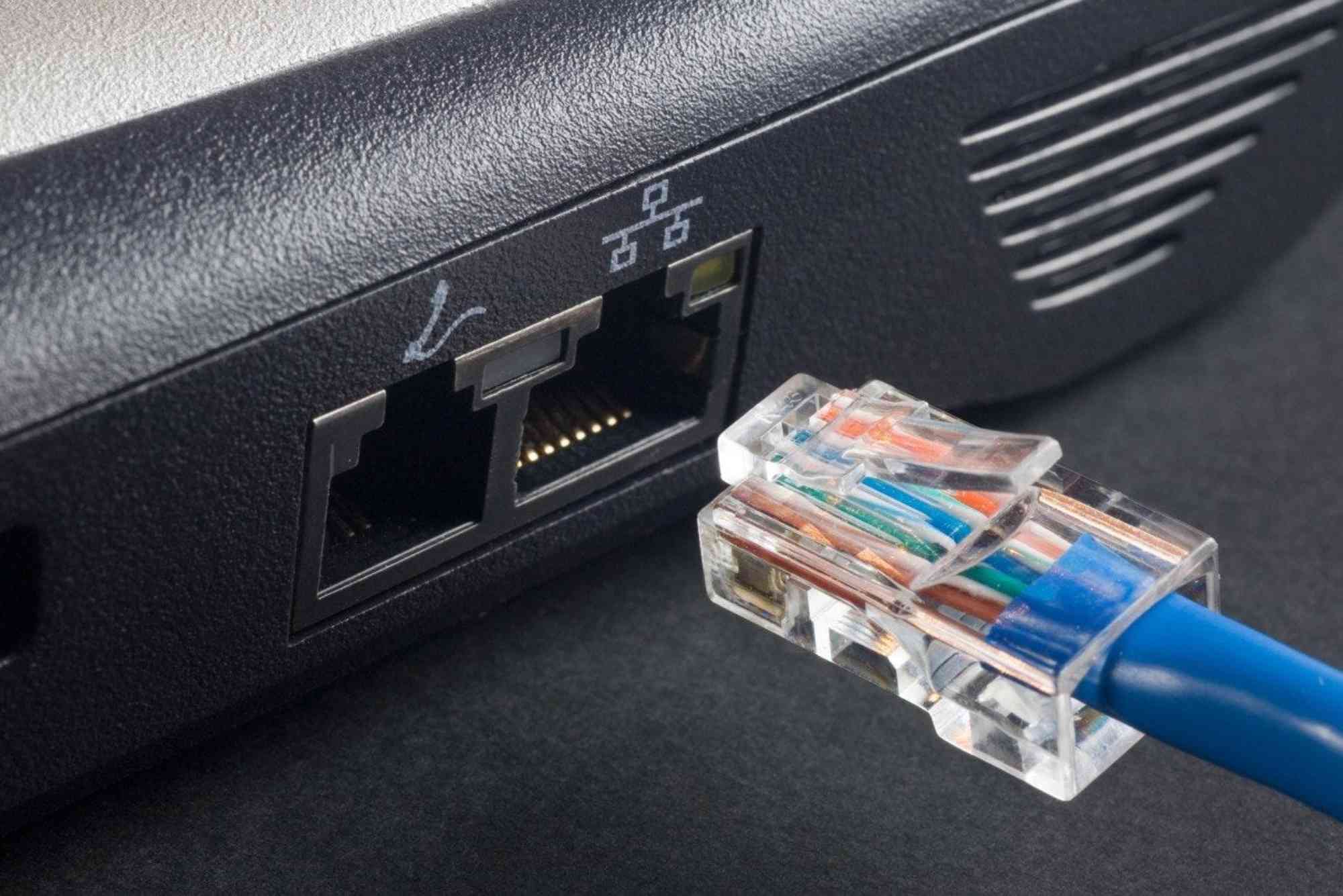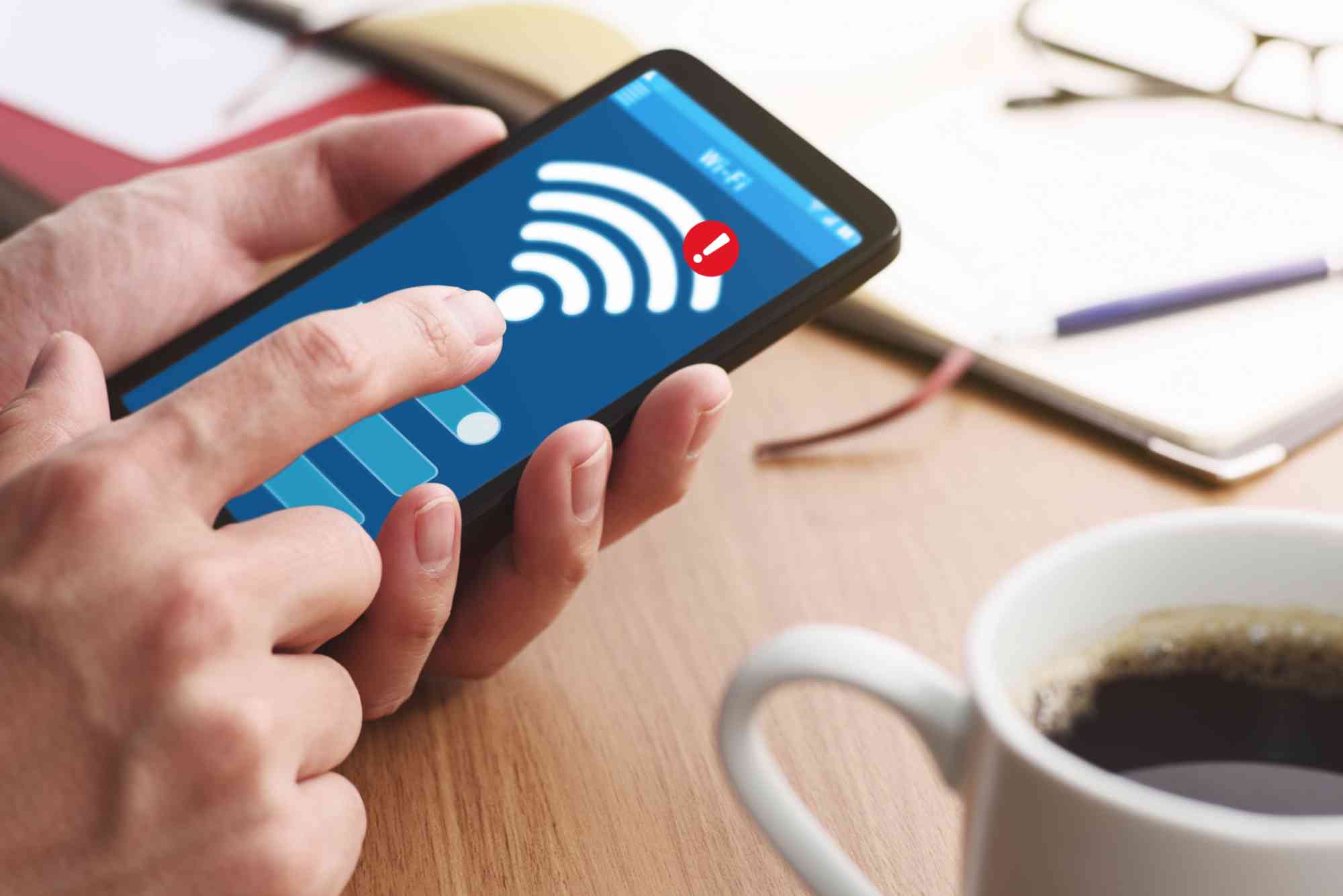How to Setup a Secure Guest Wi-Fi Network
In today’s connected world, guests often expect Wi-Fi access when visiting homes or offices. While sharing your main Wi-Fi password might seem convenient, it exposes your network to unnecessary risks. This is why setting up guest Wi-Fi securely is essential for both homeowners and businesses. A properly configured guest network ensures visitors can enjoy internet access without compromising your personal data or network devices.
This guide will walk you through the importance, steps, and best practices for creating a secure guest Wi-Fi network.
Why You Need a Secure Guest Wi-Fi Network
Allowing visitors to connect to your primary Wi-Fi can lead to several risks. From accidental malware infections to unauthorized access to devices, unsecured sharing can create serious issues. A guest Wi-Fi network acts as a barrier between your personal data and your visitors’ devices.
Protects Your Devices
A separate network ensures that your personal computers, smart TVs, and IoT devices remain hidden and protected.
Prevents Malware Spread
If a guest device is infected with malware, an isolated network prevents it from spreading across your home or office.
Maintains Speed and Performance
You can set bandwidth limits on guest Wi-Fi, ensuring that your main internet performance is not affected.
Setting Up Guest Wi-Fi Securely
Let’s dive into the step-by-step process of creating a secure guest Wi-Fi network.
Access Your Router Settings
Log in to your router’s admin panel through its IP address, usually 192.168.1.1 or similar. Use strong admin credentials to prevent unauthorized access.
Enable the Guest Wi-Fi Option
Most modern routers have a “Guest Network” option. Enable it and configure it separately from your primary Wi-Fi.
Use a Strong SSID and Password
Choose a simple yet unique name for the guest network (avoid personal details). Always set a strong WPA3 or WPA2 password.
Apply Network Isolation
Enable AP Isolation or Guest Isolation settings. This ensures guest devices cannot interact with each other or your private devices.
Limit Bandwidth and Access Times
Set bandwidth controls so heavy guest usage does not slow down your main internet. You can also restrict access times.
Turn Off Guest Access to Local Network
Ensure the guest network is internet-only, with no access to printers, smart TVs, or shared files.
Regularly Update Your Router Firmware
Keeping your router firmware up-to-date strengthens overall security and prevents vulnerabilities.
Best Practices for Guest Wi-Fi Security
Use WPA3 or WPA2 Encryption
Always select WPA3 when available. If not, WPA2 is still secure, but avoid outdated WEP or open networks.
Separate SSIDs for Work and Guests
If you work from home, consider using three SSIDs: one for personal, one for work, and one for guests.
Monitor Guest Usage
Most routers allow you to see connected devices. Regularly review the list to detect unknown connections.
Disable When Not in Use
Turn off the guest network when you don’t expect visitors. This reduces exposure to attacks.
Common Mistakes to Avoid
- Using the Same Password for Main and Guest Wi-Fi – defeats the purpose of separation.
- Leaving Guest Wi-Fi Open – anyone nearby can connect, creating major risks.
- Not Monitoring Devices – unknown users may consume bandwidth or exploit vulnerabilities.
The Role of ISPs in Guest Wi-Fi Setup
While configuring guest Wi-Fi is a router-level task, a reliable internet provider makes the process smoother. Providers like Dhanote Internet Services offer stable connections, making it easier to manage multiple networks without interruptions.
FAQs
How do I secure my guest Wi-Fi?
Use WPA3 encryption, set a strong password, enable isolation, and limit guest access to only the internet.
Should I share my main Wi-Fi password with guests?
No. Always create a separate guest Wi-Fi to protect your devices and data.
Can guests see my devices on Wi-Fi?
If network isolation is enabled, guests will only have internet access, not visibility of your private devices.
Does guest Wi-Fi slow down my internet?
It can, but setting bandwidth limits ensures your main connection remains unaffected.
Is guest Wi-Fi necessary at home?
Yes, especially if you frequently host friends or relatives. It ensures your data stays private.
Setting up guest Wi-Fi securely is one of the smartest moves to protect your network. By following simple steps like enabling isolation, using WPA3 encryption, and setting strong passwords, you create a safe environment for both you and your visitors.

